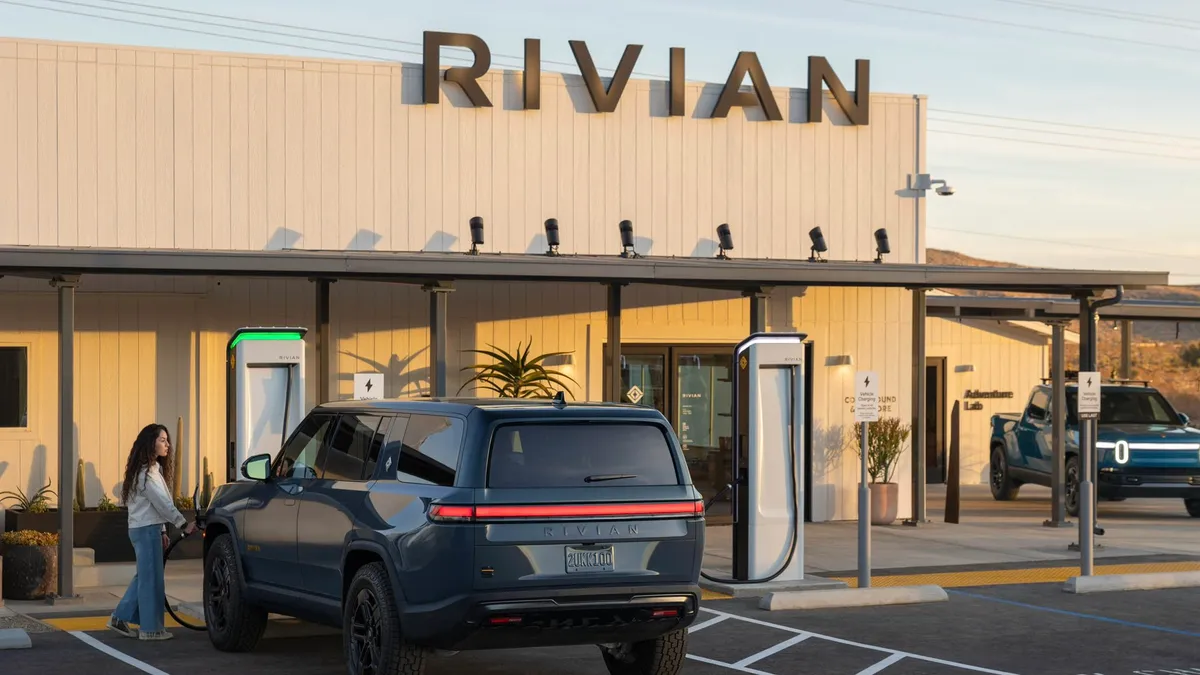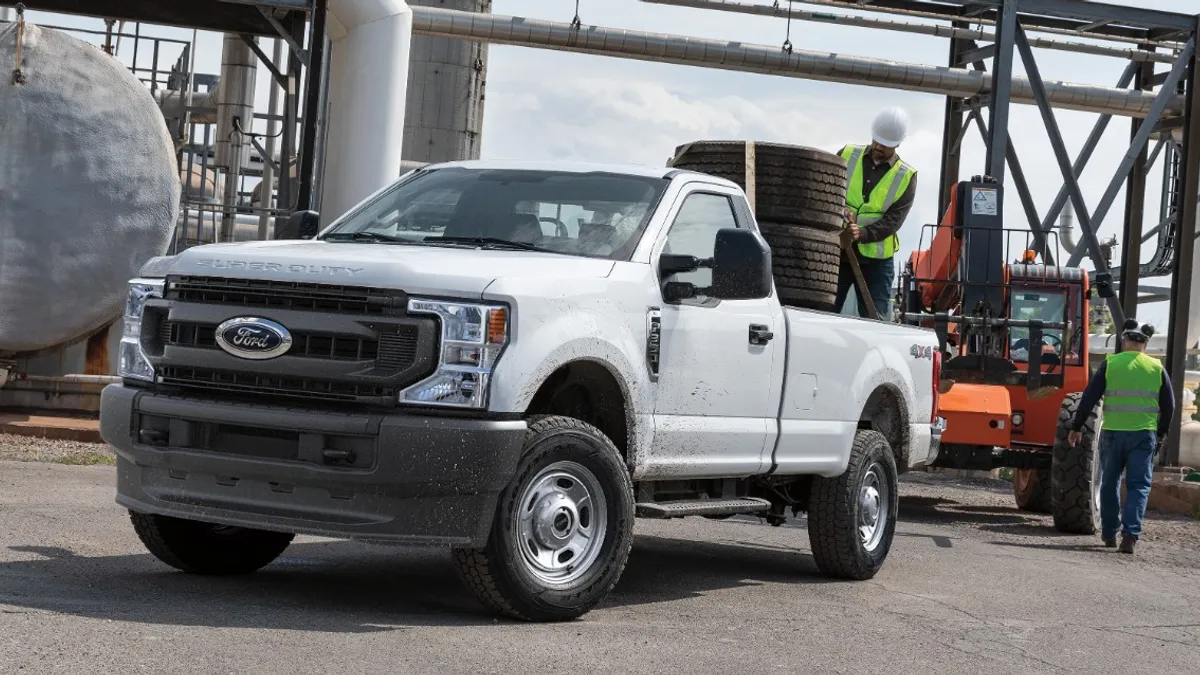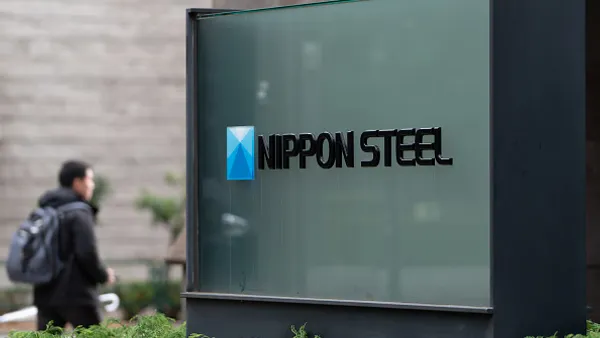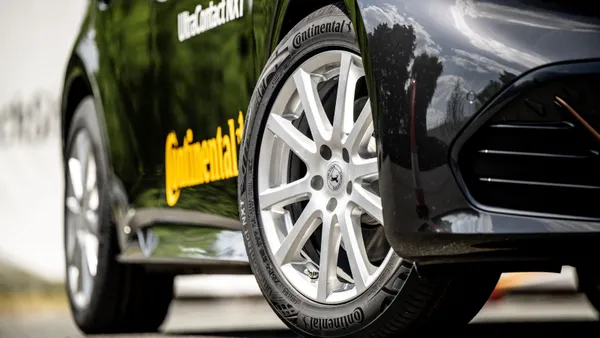The car dealerships of today are quite different from those of even a decade ago. Electrification is changing the nature of car sales and requiring sales teams to onboard more technologically advanced models. The automotive supply chain is becoming more global, with suppliers–and consequently, dealerships–having to adapt to support these new operations. And the increased popularity of ridesharing is changing how people view car ownership itself. For dealerships, this can translate into higher fluctuations in vehicle sales, creating a greater need to maximize profits on each sale while simultaneously lowering operational costs.
Focusing on efficiency across the business is one of the ways dealerships are keeping pace with these changes – specifically, looking for ways to enhance operations without having to grow the back office. This is where automation can make a significant difference. More specifically, AP automation offers dealerships an opportunity to tighten their administrative processes, enhance accuracy, and scale their businesses without creating undue financial strain.
How AP automation enhances efficiency
Accounts payable departments have long been seen as necessary but often onerous components of dealership operations. Historically they’ve followed time-intensive, paper-heavy processes that rely on the manual receipt of invoices, opening envelopes, scanning documents, entering data into accounting systems, and routing these invoices for approvals. These tasks can account for an average of 10-12 minutes per invoice.
Automating this process can reduce that time to just one or two minutes. AP automation solutions can automatically extract data from invoices, code them, and route them through predefined workflows for approvals. This creates an entirely digital, streamlined process that requires minimal human intervention. And when multiplied across hundreds or thousands of invoices per month, the time saved is significant and quickly adds up.
For example, if a dealership processes 100 invoices a month, automating the process could save approximately 900 minutes of staff time. That's 15 hours saved per month that can be reallocated to more strategic, higher-value business activities within the finance department. For dealerships managing 500 to 1,000 invoices monthly, this solution delivers substantial time savings, streamlining a once-tedious task and effectively eliminating the hours equivalent of nearly two weeks of full-time work.
More time for strategy and value-added activities
The benefits of AP automation go beyond saving time. When repetitive and mundane tasks are automated, employees in the AP department can shift their focus to more valuable work, like cost analysis, vendor pricing comparisons, and strategic planning. This shift is beneficial not just from an operations standpoint, but from the human-interest standpoint. AP roles that involve more analytical and strategic responsibilities are more engaging and satisfying. Engaged and satisfied employees are more likely to remain with a business, helping to reduce the high turnover rates typically seen in the automotive industry.
Fraud prevention and accuracy
AP automation also plays a significant role in mitigating fraud and human error, two challenges that can have a disastrous financial impact on dealerships. Manual data entry is prone to mistakes, whether through miskeyed amounts, lost invoices, or duplicate payments; and catching these errors in a sea of paperwork is like finding a needle in a haystack.
Moreover, fraud is a growing concern. Fake invoices, altered vendor details, and phishing schemes are common issues that dealerships face. Fraudsters may attempt to change bank account information or submit fraudulent invoices in hopes of receiving unauthorized payments. AP automation, using AI and machine learning, is effective in identifying discrepancies and anomalies that might otherwise go unnoticed. These systems can flag changes to bank account details or detect inconsistencies in invoice data, prompting AP teams to verify before processing payments.
Scaling with flexibility
One of the defining features of resilience in the business sense is the ability to scale effectively – whether that means expanding or contracting operations in response to market demand. For dealerships, having this flexibility is often a make-it-or-break-it differentiator. As dealerships grow their operations by adding more locations or service offerings, the volume of invoices necessarily increases. Managing this growth with manual AP processes would typically require hiring more people in the back office, adding to labor costs and potentially eroding profit margins.
AP automation gives dealerships the ability to scale without needing to hire additional staff. Whether a dealership is expanding or facing an economic downturn requiring a reduction in workforce, automation keeps the back office operating smoothly. Payments to vendors can be processed without delay, and the entire payables function can be managed effectively with a lean team.
The cost-effective nature of AP automation
Dealerships are typically cautious about adopting new technologies, often citing concerns about cost and integration. Fortunately, AP automation is not a complex or overly costly solution to implement. Most automation platforms are priced based on the number of invoices processed, making them highly scalable and cost-effective. The cost of automation is usually offset by the time savings, efficiency gains, and fraud prevention provided by the solution.
The return on investment (ROI) becomes even more compelling when considering the potential to generate revenue. Certain AP automation platforms provide features that allow dealerships to earn rebates on virtual credit card payments, turning what is traditionally a cost center into a potential profit-generating department.
Improved vendor relationships
In the automotive industry, vendor relationships are a core element of what keeps a business functional and healthy. Whether it’s managing parts, service supplies, or other dealership needs, timely payments and efficient AP processes help maintain strong partnerships. A dealership's ability to pay its vendors accurately and on time can influence the priority it receives for parts and services, which ultimately affects customer satisfaction and dealership reputation.
AP automation supports dealerships in managing these vendor relationships by allowing them to schedule payments according to vendor terms, such that early payment discounts are never missed, and payments are never late. This reliability builds trust with vendors, which can become a strategic advantage in securing the best parts, pricing, and support, especially during supply chain challenges.
Building a more resilient future
The automotive sector, and dealerships specifically, are at an inflection point. With market conditions in flux and consumer behaviors shifting, only the resilient businesses will find themselves thriving in the years to come. AP automation helps build that resilience by increasing efficiency, protecting against fraud, freeing up employees for strategic work, and offering scalable solutions to meet the industry's needs. Dealerships that embrace AP automation will be well-positioned to weather challenges and find new avenues for profitability, thanks to making the smart choice to strengthen their operational backbone and prioritize efficiency across back-end processes.










